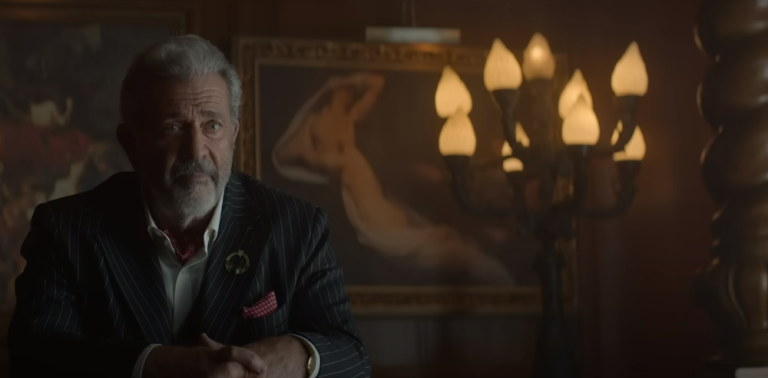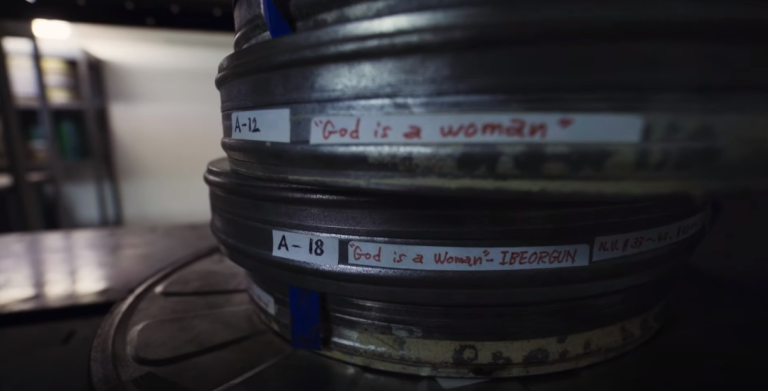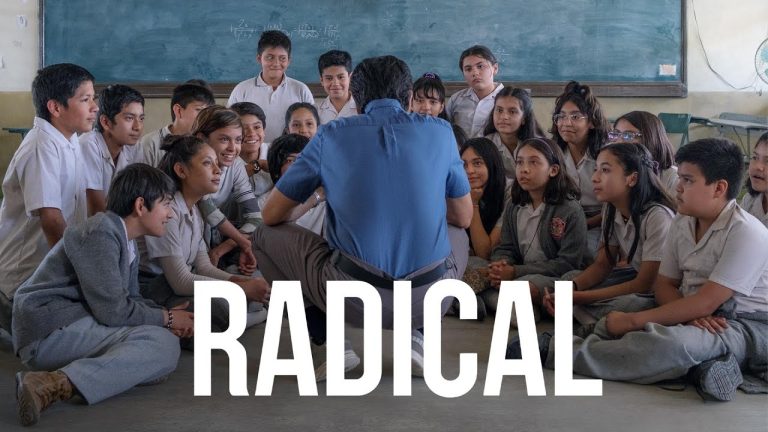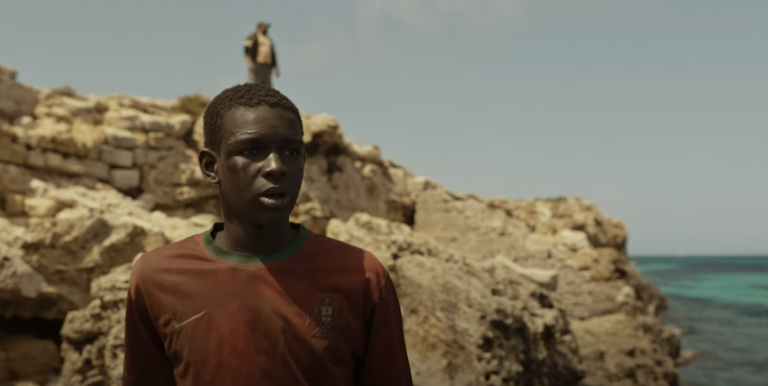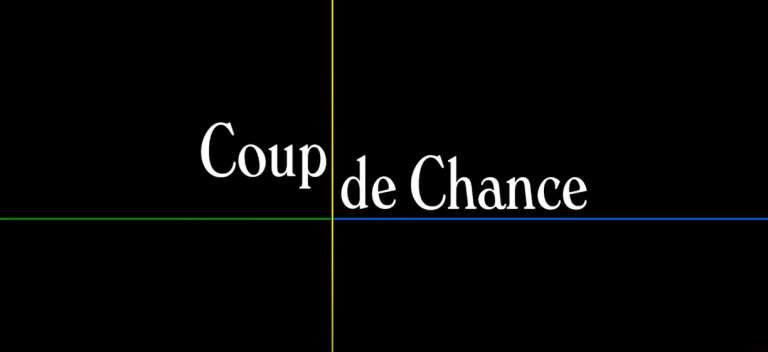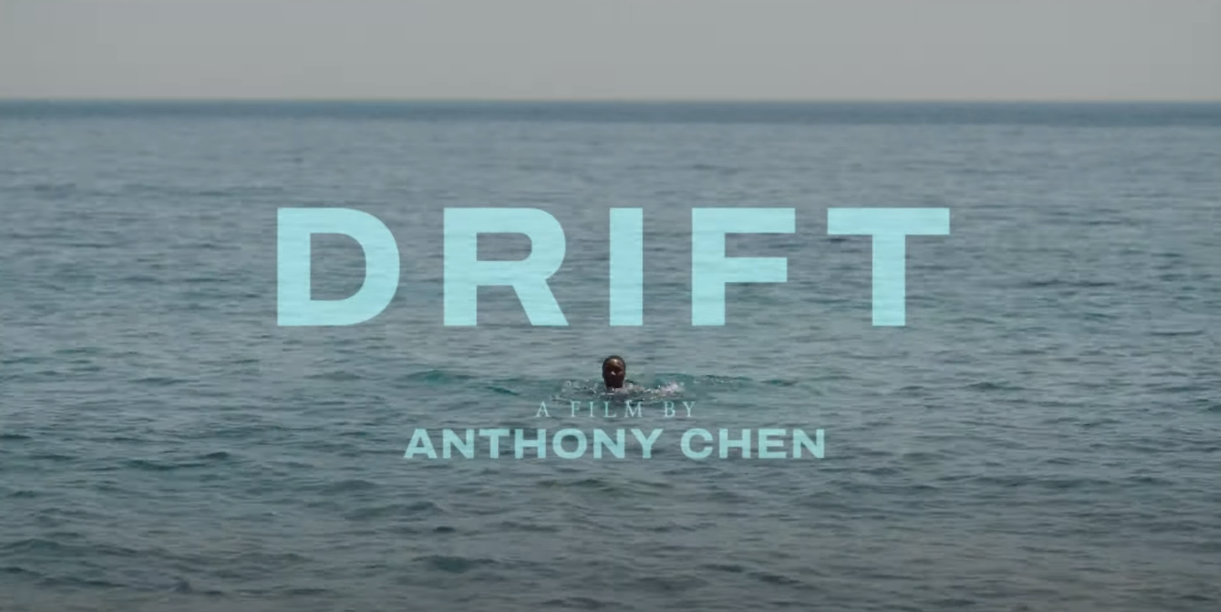
“Drift” starts with footprints disappearing under the advancing shore, setting a reflective tone. But as the film progresses, its impact fades similarly, starting with promise but ultimately washing away.
In “Drift,” Jacqueline, portrayed by Cynthia Erivo, finds herself homeless and alone in Greece after leaving her wealthy Liberian family in London. She survives by offering foot massages to tourists for money and sleeping in quiet corners by the waterfront. The film follows her silent journey as she navigates through her day, scavenging for food and reminiscing about her past through occasional flashbacks. When asked how she ended up in Greece, Jacqueline simply responds, “Same as anyone. Plane, ferry… luck.”
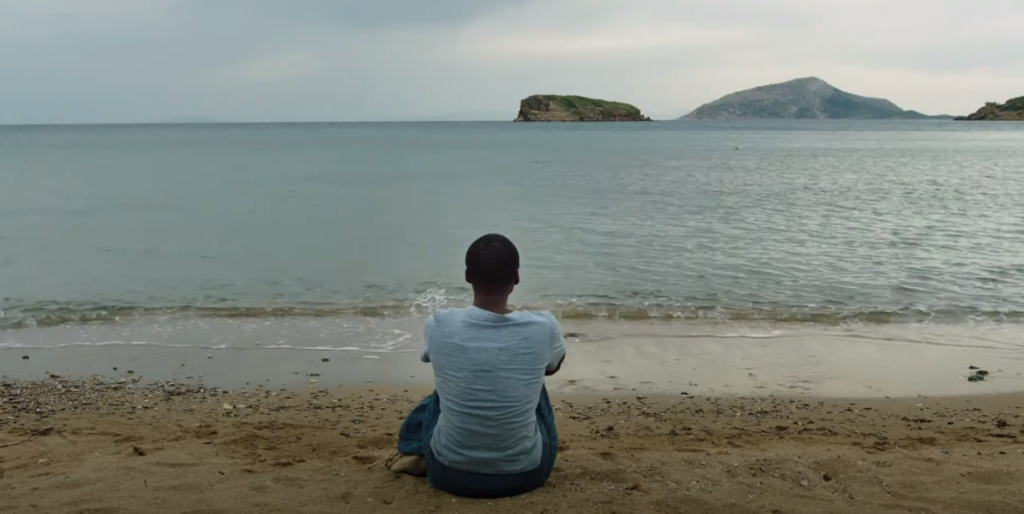
“Drift” fails to provide adequate context for Jacqueline’s backstory, including her escape from Liberia during the civil war. The film lacks any indication of its time period, leaving viewers unaware unless they’re well-versed in history or compelled to research afterward. This oversight undermines the storytelling and fails to anchor the narrative in a meaningful context.
“Drift” revolves around Jacqueline’s trauma and her experience as a Black woman, yet the film neglects to delve into the details of either aspect. There’s a notable absence of curiosity regarding the context of her war-torn homeland, reflecting a broader issue of monolithic portrayals of African countries in media. Jacqueline navigates Greece as both invisible to privileged tourists and hyper-visible to locals, often facing suspicion and scrutiny from authorities.

In “Drift,” Ousmane, an African man, frequently appears in Jacqueline’s life, seemingly looking out for her. However, their connection remains ambiguous, with Jacqueline often evading him due to her hypervigilance. The film hints at their shared Black identity but treats Ousmane as a peripheral figure or plot device. The true bond emerges with Callie, an American tour guide whose openness and sincerity gradually break through Jacqueline’s defenses.
In “Drift,” the most authentic aspect is Jacqueline’s evolving relationship with Callie, which allows glimpses into her vulnerability and past traumas. The film eloquently explores the impact of lost relationships on one’s present and the stagnation caused by trauma. While Cynthia Erivo impressively conveys emotions despite limited dialogue, her character feels constrained by the script’s portrayal of her as meek and helpless. Despite fleeting moments of joy in flashbacks, Jacqueline’s present state is dominated by fear and panic. The film lacks depth due to unanswered questions and a superficial treatment of its themes.
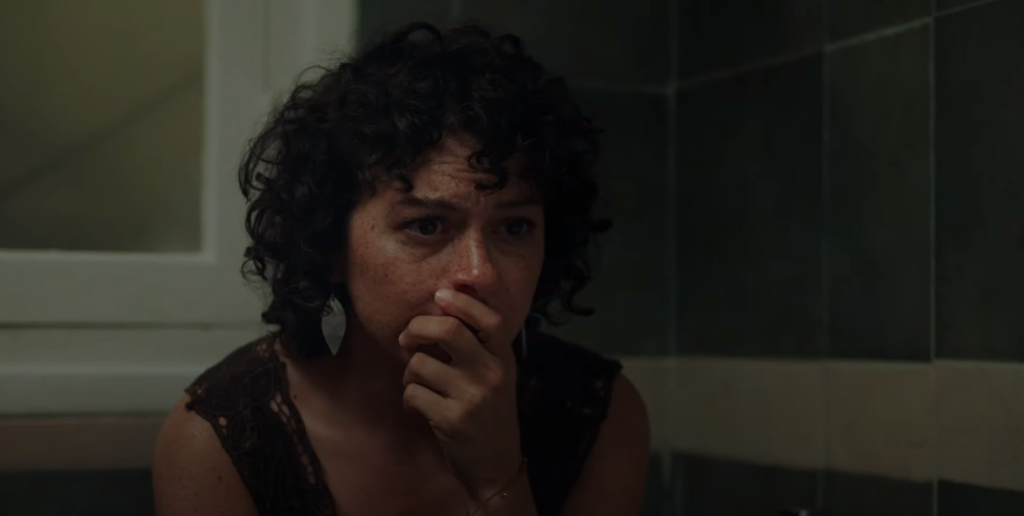
“Drift” suffers from development issues, with a sparse script and a bland visual style. The film throws plot nuggets without adequate support, resulting in a frustrating lack of understanding and minimal engagement. Despite aiming to evoke emotions, it ultimately feels forced and manipulative. The moments of violence are given more attention than the human aftermath, leaving a sense of exploitation in a film that claims to prioritize the latter.
| Aspect | Evaluation |
|---|---|
| Plot Development | Sparse and lacking depth, with plot elements thrown without adequate support. |
| Characterization | Jacqueline’s character feels constrained and lacks depth due to a superficial portrayal. |
| Contextualization | Fails to provide adequate context for Jacqueline’s backstory, undermining the narrative. |
| Theme Exploration | Superficial treatment of themes, lacking in depth and authenticity. |
| Visual Style | Bland visual style contributes to the overall lack of engagement. |
| Emotional Impact | Moments of emotion feel forced and manipulative, lacking authenticity. |
| Overall Impact | Starts with promise but ultimately fails to deliver, resulting in minimal engagement. |

